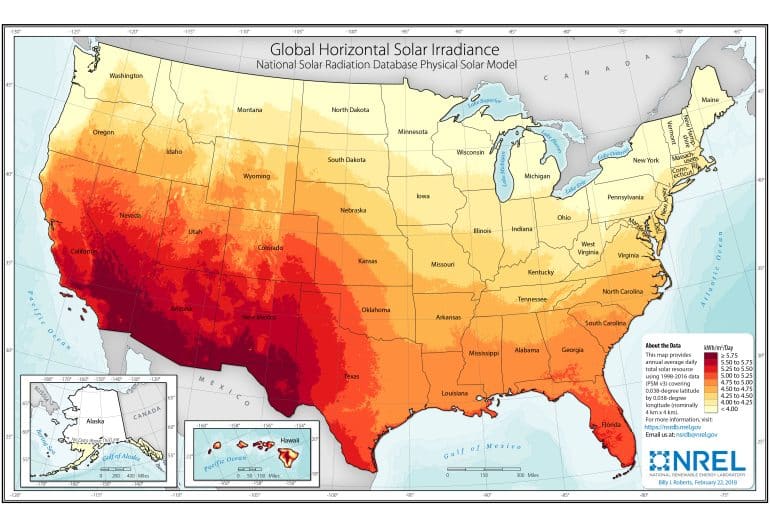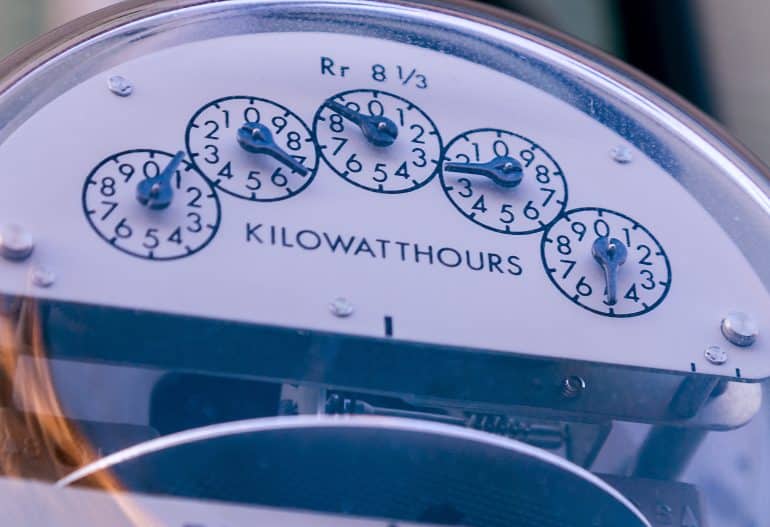
Benefits Of Solar Panels
Harnessing solar energy begins with understanding the intricate facets of solar panels, and how each contributes to maximizing efficiency and longevity. Below you will learn the importance of power rating, efficiency and warranties when it comes to comparing solar panels.
By understanding power rating, efficiency, and warranties, consumers are empowered to navigate the solar panel market with confidence. Below you will find a side-by-side comparison of three premium solar panels as well as a description of each category being compared. The goal is to illumine some of the confusion surrounding the differences of panels so that you can make an informed decision about solar panels.




